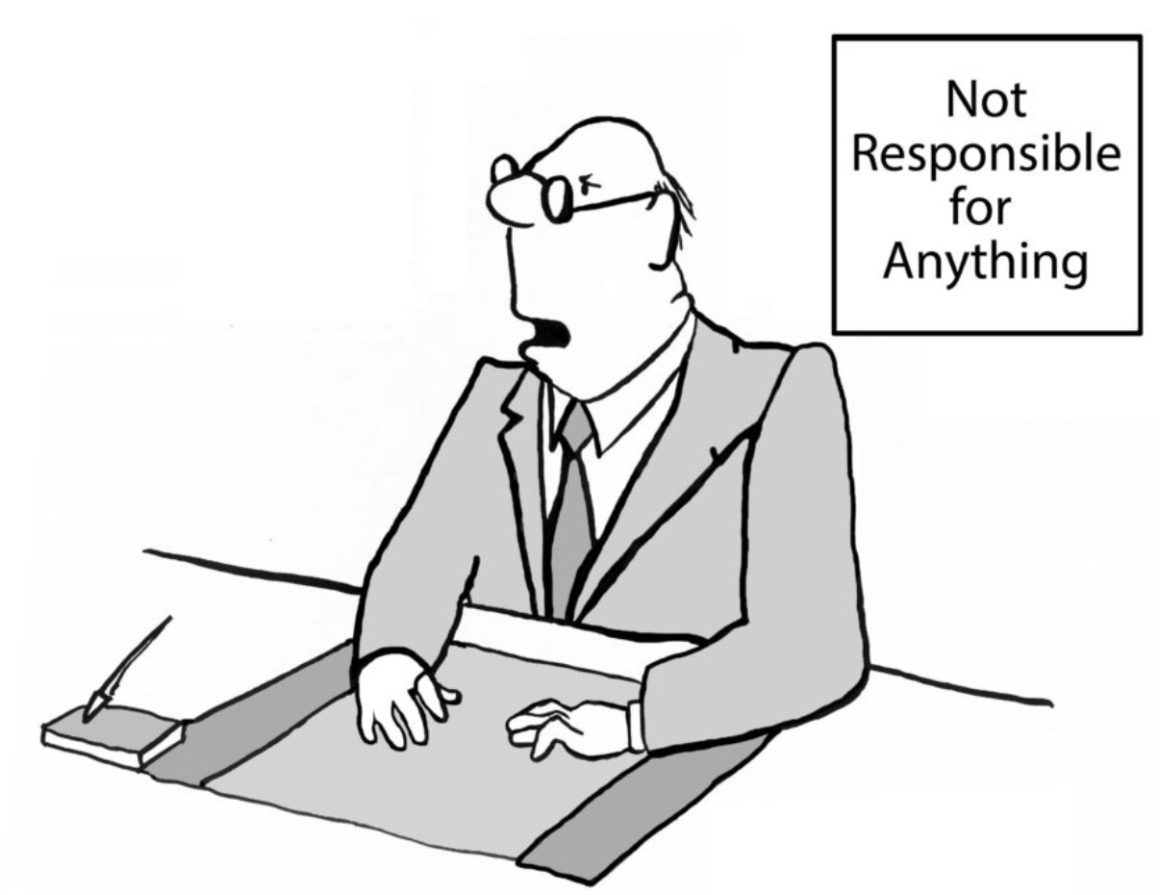Some co-op boards are notoriously strict, and there are questions to ask the condo board. However, even in the case of a problematic board member, they owe you a fiduciary duty. Most boards take this seriously, mainly since there are legal ramifications for both the board and individual members. But, you should know what this duty entails and if your board is violating it.
What is a fiduciary duty?What is a fiduciary duty?
The duties are similar to a corporation’s board of directors, outlined in the New York Business Corporation Law (BCL) section 717. The board must make decisions in good faith, with the shareholders’/unit owners’ best interest in mind. The board must place these interests above their own.
Since shareholders have given the board special influence and power over the property and the residents’ interests, there is also a unique obligation. Includes acting in good faith, undivided loyalty, and honoring the letter and spirit of the governing documents.
How to recognize a breachHow to recognize a breach
There are obvious cases, such as theft, where the board has not acted in others’ best interests. There are other, more nuanced cases, though. A board member cannot engage in self-dealing or gain an advantage not available to the other shareholders or unit owners. Anytime a board member gets a special deal or unique treatment, they have self-dealing and breached their fiduciary duty. For instance, if the board member hires a contractor at an inflated price in exchange for working on their apartment at a below-market rate, they have breached their fiduciary duty. A board member should not receive anything of value in exchange for services rendered or products purchased.
A board can seem all-powerful, but a member cannot take their feelings out against you based on personal issues—an abuse of power.
The board also must treat all shareholders or unit owners the same, applying the rules equally. A board member cannot use his position to enforce the rules against some residents and not apply them to others.
However, merely entering into a bad deal is not a breach of duty. Exercising poor business judgment does not qualify, providing the board acted in good faith. Courts will protect the board in these circumstances. The board can adequately discharge its duties by gathering financial and legal advice from accountants and lawyers. A board member can have a conflict of interest, disclose it, and have no special deals. Optically, the board member should abstain from voting on the matter to avoid the appearance of impropriety, however.
RemediesRemedies
If you find your board has breached its fiduciary duty, you can file a civil suit against the individual or even the entire board. You should consult with other shareholders or condo owners and seek legal advice. A lawyer will pore over the board minutes, and you too. Director’ and Officers’ (D&O) liability insurance typically does not cover these claims, likely making the board member personally liable for damages.

